I’m not going to lie. I am being lazy today. I should post a fantastic story about Malian culture but I’m tired. Give me the weekend to rest. In lieu of something you really want to read, I am going to post my first MEME, which isn’t a real meme, since no one ever tagged me, but I found it on another blogger’s website and tagged myself. I’ve read online, you should do MEMEs when you first start blogging so your audience gets a better idea of who you are, but I just checked and this will be my 81st post, so this About You meme is a little late, but better late than never. Have a great weekend.
Meme Response #1: 7 or 8 Random Things About Me
1. I majored in Japanese in college. And then moved to Africa post college. Logical? Not my forte.
2. I’m the middle child. It’s pretty obvious. I had to go all the way to Timbuktu for to get some attention! (Ha ha, my sister would disagree arguing I always get attention).
3. I am a dog fanatic, often spending several hours a day perusing dog websites, breed guides, and youtube videos. My childhood library put a cap on the number of dog breed books I could check out a week.
4. I like to do things myself. I like to “learn to fish” rather than “buy a fish.” In other words, I’d rather make my own projects than commission them to others . I always try my hardest to learn computer software, languages, plan my own vacations, etc so that I can take care of things myself. That way I know it’ll meet my high expectations. It doesn’t always work, but I try. Yes, it’s a tad controlling. (Disclaimer: this does not apply to mechanics, finance or sports).
5. My first language was German. Born in Communist Poland, we crossed the border to Austria seeking refuge, just as I was nearing my first birthday. I spent nearly two years there bi-lingual (German and Polish) before setting off for the States where I would grow up.
6. There are times when I wish I was a damsel in distress. Sometimes, I am jealous of Disney princesses. I wish I could just turn “me” off and pretend like I need help with everything. I often hear, “Kash, you are so strong, so independent, so together” but really I just want to scream, “I’m tired. I am weak. Please help me.” (But then again, see number 4, I’d probably want to do it myself).
7. I survived a traumatic scuba diving incident at age 13. I lost my breathing device, and had my first panic attack….20 meters deep underwater. After struggling and looking up at the sun, the last thing I remember thinking before I woke , “Let go, it’s all ok, just let go.” I woke up to a team of instructors crowded around me on a boat as I was spitting and coughing up water. For the following hour I was shaking and kept on exclaiming “OH MY GOD” on repeat for nearly an hour before I could say anything else.
8. My first job was at my parent’s hardware store, working Saturdays with my brother and sister. Besides working the cash register and bagging goods, our favorite task was pretending we were mannequins in the storefront window, holding tools and BELIEVING we were fooling passerby.
Read more…
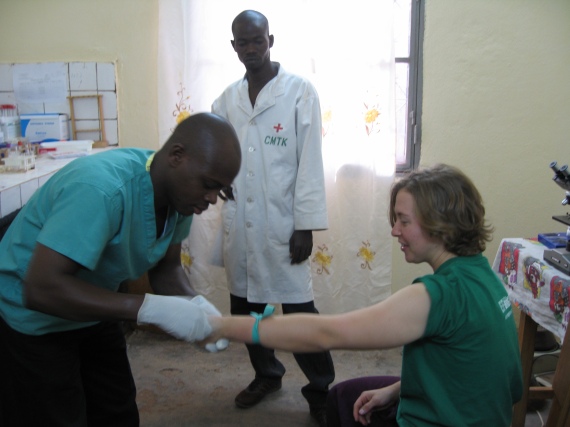






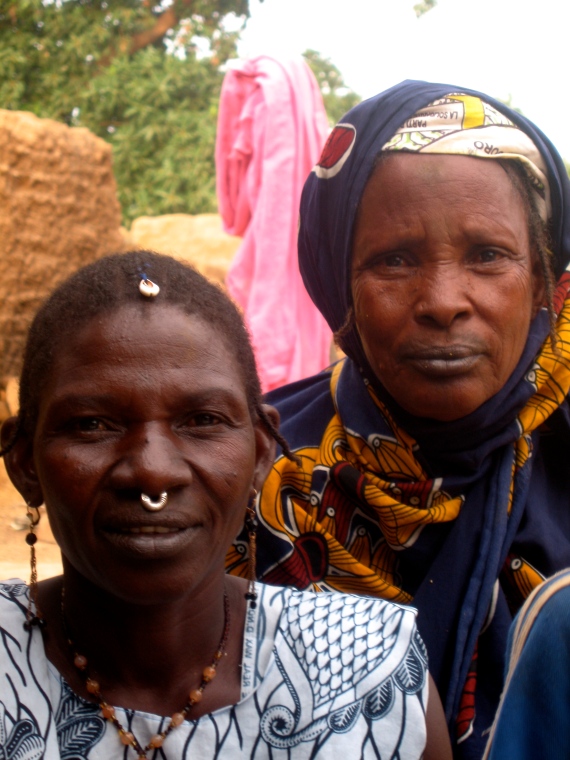

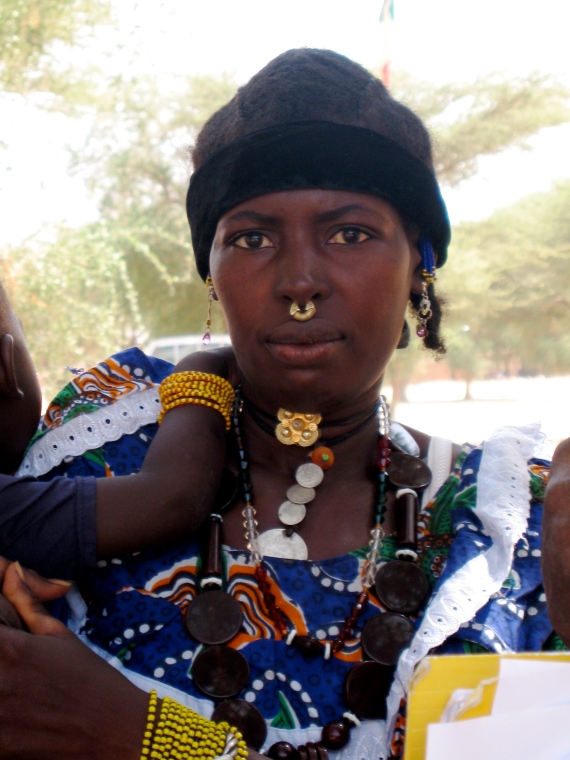
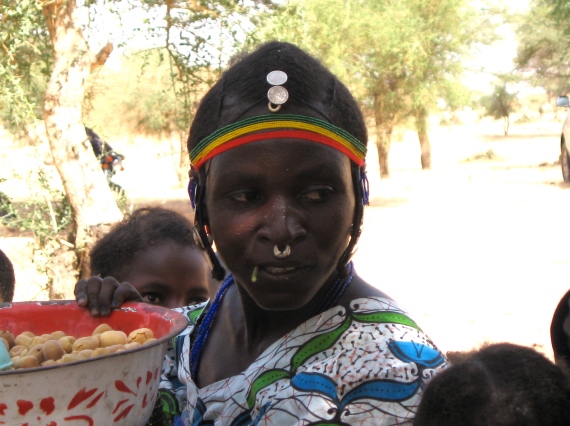

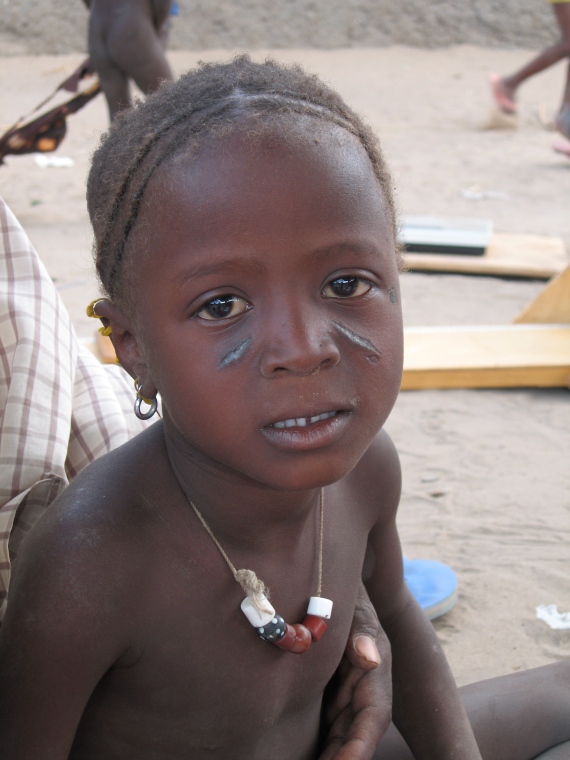



 Stumble It!
Stumble It!




